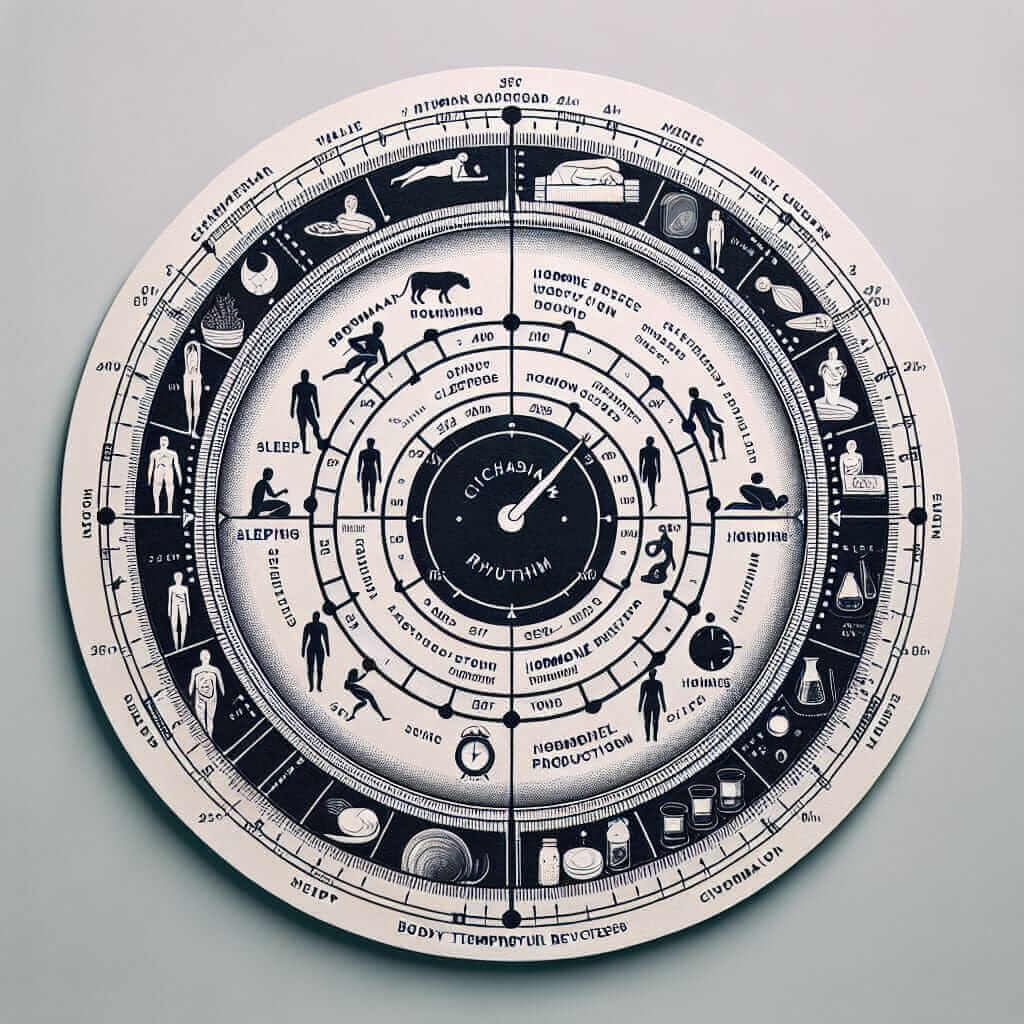The Relevance of Biological Rhythms in IELTS
As an IELTS instructor with over 20 years of experience, I often encounter students intrigued by the phrase “biological clock.” While it might not directly appear as an essay topic, understanding the concept can significantly benefit your IELTS Speaking performance, particularly in Part 3 where deeper discussion and abstract thinking are expected.
The IELTS Speaking test assesses your ability to articulate complex ideas, and the theme of biological rhythms can be woven into various topics, such as:
- Health: Discussions about sleep patterns, shift work, and the impact of modern lifestyles on our well-being.
- Environment: Topics related to jet lag, seasonal affective disorder, and how natural cycles influence behavior.
- Technology: The influence of artificial light on sleep, the development of apps tracking sleep patterns, etc.
What is the Biological Clock and How Does it “Tick”?
In simple terms, the biological clock refers to our internal system that regulates the timing of various physiological processes. This “clock” is influenced by both internal factors (genetics, age) and external cues like light and darkness.
Here’s a breakdown:
- Circadian Rhythm: This is the most well-known biological rhythm, lasting approximately 24 hours. It governs our sleep-wake cycle, hormone production, and even body temperature fluctuations.
- Suprachiasmatic Nucleus (SCN): Located in the brain, the SCN acts as the “master clock,” receiving light signals and coordinating the body’s other clocks.
- Melatonin: This hormone, produced by the pineal gland, plays a crucial role in regulating sleep. Its production is stimulated by darkness and inhibited by light.

Applying Your Knowledge to IELTS Speaking
Let’s look at a potential IELTS Speaking Part 3 question:
Examiner: “Some people believe that modern technology has negatively impacted our sleep patterns. What is your opinion?”
Candidate: “I agree to some extent. Our biological clocks are naturally attuned to daylight and darkness. However, the constant use of smartphones and laptops, which emit blue light, can disrupt melatonin production. This can lead to difficulties falling asleep, poorer sleep quality, and ultimately, impact our overall health and well-being.”
Notice how the candidate incorporated their understanding of the biological clock and melatonin to provide a well-supported response.
Tips for Success
- Stay Informed: Read articles and listen to podcasts related to biological rhythms and their impact on our lives.
- Expand Your Vocabulary: Familiarize yourself with terms like “circadian rhythm,” “melatonin,” and “sleep hygiene.”
- Practice Speaking: Engage in discussions about health, technology, and the environment, linking your responses to the concept of biological clocks.
By understanding the science behind our internal rhythms and practicing your speaking skills, you can confidently tackle a wider range of IELTS topics and impress the examiner with your knowledge and fluency.